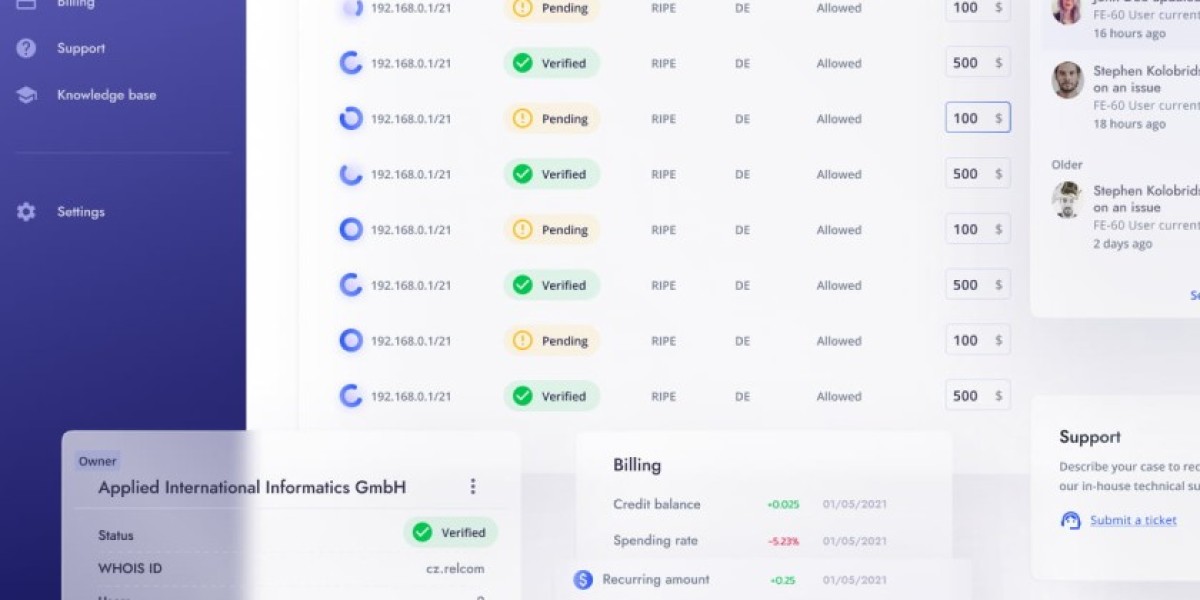In recent years, online education has transformed the landscape of learning, making it more accessible and flexible than ever before. As technology continues to evolve, so do the methods and platforms used for education. This article explores the key trends shaping the future of online education and how they impact learners globally.
Personalized Learning Experiences
One of the most significant trends in online education is the shift towards personalized learning experiences. With advancements in artificial intelligence and data analytics, educational platforms can now tailor content to meet individual student needs. This customization allows learners to progress at their own pace, ensuring that they grasp concepts before moving on.
- Adaptive learning technologies
- Customized learning paths
- Real-time feedback mechanisms
How does this personalization enhance the learning experience? By addressing the unique strengths and weaknesses of each student, personalized learning fosters a more engaging and effective educational environment.
The Rise of Microlearning
Another trend gaining traction in online education is microlearning. This approach involves breaking down educational content into bite-sized modules that are easier to digest. Microlearning is particularly effective for busy professionals who may struggle to find time for traditional courses. It allows learners to acquire knowledge quickly and efficiently.
- Short, focused lessons
- Increased retention rates
- Flexibility in learning schedules
Wouldn't it be beneficial to incorporate microlearning into your daily routine? By dedicating just a few minutes each day to learning, you can significantly enhance your skills and knowledge over time.
Collaborative Learning Environments
Collaboration is another essential aspect of modern online education. Virtual classrooms and discussion forums enable students from diverse backgrounds to connect and learn from one another. This collaborative approach not only enriches the learning experience but also prepares students for teamwork in the professional world.
Some key features of collaborative learning include:
- Group projects and assignments
- Peer-to-peer feedback
- Interactive discussion boards
As you engage in collaborative learning, consider how these interactions can enhance your understanding of complex topics.
Embracing Lifelong Learning
Finally, the concept of lifelong learning is becoming increasingly important in the realm of online education. With the rapid pace of technological advancements, continuous education is essential for career growth and adaptability. Online platforms offer a plethora of courses that cater to various interests and professional needs.
To embrace lifelong learning, consider exploring platforms that offer a wide range of subjects. For instance, you can find specialized courses that align with your career goals or personal interests. Check out this for unique learning opportunities.
Conclusion
The future of online education is bright, with trends like personalized learning, microlearning, collaborative environments, and lifelong learning shaping the way we acquire knowledge. As we continue to adapt to these changes, it is crucial to stay informed and embrace the opportunities that online education presents. By doing so, we can ensure that we remain competitive and knowledgeable in an ever-evolving world.







